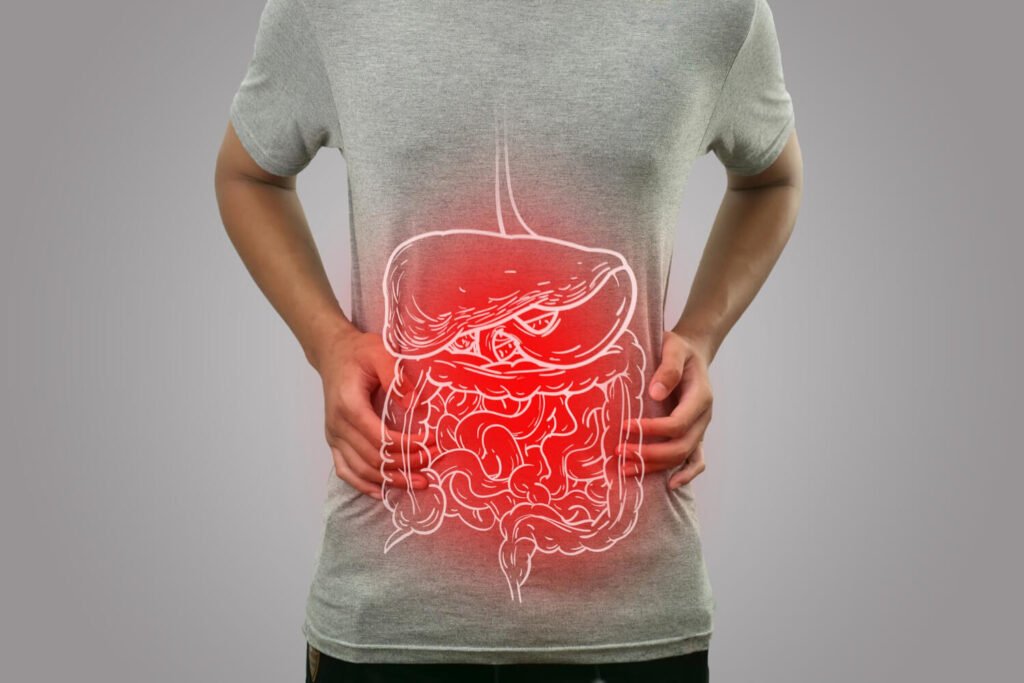Introduction: What Is the Gut-Brain Connection?
The gut and brain are intricately linked in what’s known as the gut-brain axis. This connection is a two-way communication network between your digestive system and your brain, influencing your mood, mental health, and overall well-being. But how exactly does this connection work?
How the Gut and Brain Communicate
The gut and brain communicate through the nervous system, specifically the vagus nerve, as well as via chemical messengers like neurotransmitters. In fact, the gut is often referred to as the “second brain” because it produces many of the same neurotransmitters that influence mood, such as serotonin and dopamine.
The Role of the Gut Microbiome in Mental Health
The trillions of bacteria in your gut—collectively known as the gut microbiome—play a crucial role in brain function. A balanced gut microbiome can improve mood and cognitive function, while an imbalanced one has been linked to anxiety, depression, and even neurodegenerative diseases like Alzheimer’s.
Signs of an Imbalanced Gut Affecting Your Brain
- Mood Swings: A disrupted gut can lead to imbalanced serotonin levels, affecting your mood and increasing the risk of depression or anxiety.
- Brain Fog: Poor gut health may result in difficulty concentrating, mental fatigue, and memory problems.
- Sleep Issues: Since serotonin is involved in sleep regulation, an unhealthy gut can interfere with your sleep patterns, leading to insomnia or poor-quality sleep.
How to Support the Gut-Brain Axis
- Eat a Gut-Friendly Diet: Include fermented foods, fiber-rich vegetables, and probiotics to nourish your gut bacteria.
- Manage Stress Levels: Chronic stress disrupts the gut-brain connection, so practices like meditation, yoga, or deep breathing exercises can help.
- Get Regular Exercise: Physical activity supports a healthy gut microbiome and improves cognitive function.
- Prioritize Sleep: Quality sleep is essential for both gut health and brain function, as both systems restore themselves during rest.
Conclusion: A Balanced Gut for a Healthier Mind
Understanding the gut-brain connection highlights the importance of maintaining a healthy gut for mental and emotional well-being. By supporting your gut health through a balanced diet, stress management, and lifestyle changes, you can enhance both your digestive and mental health




